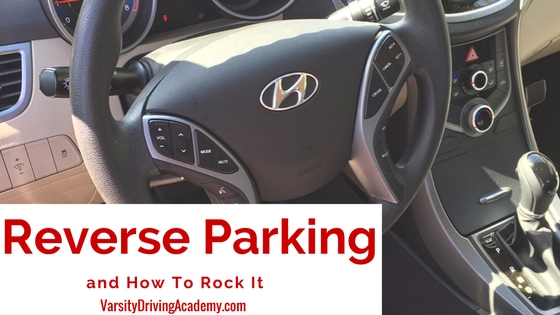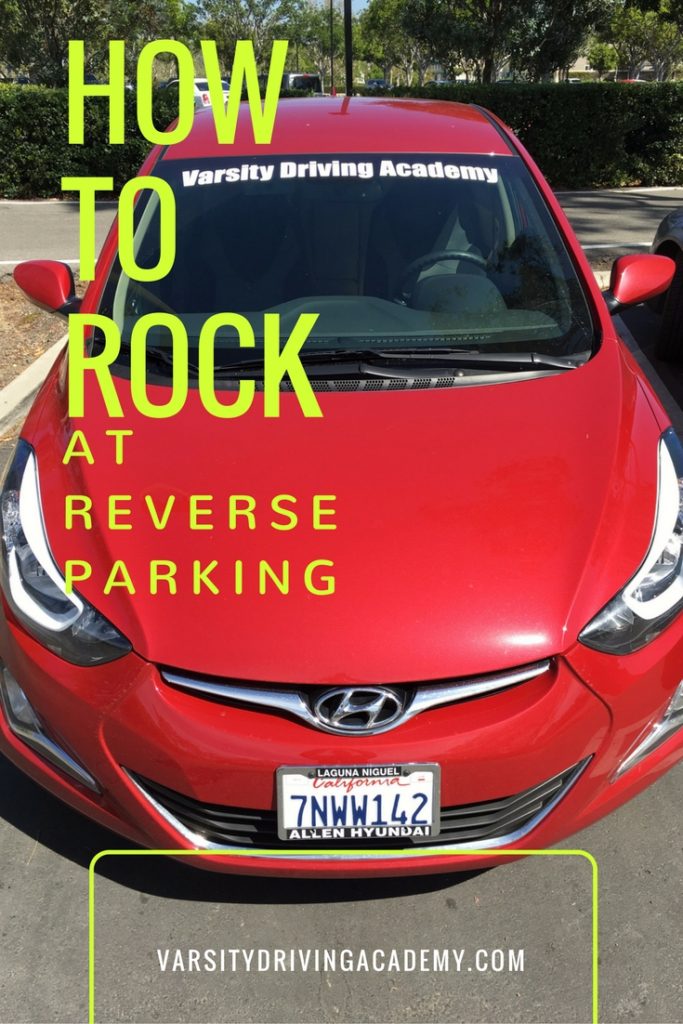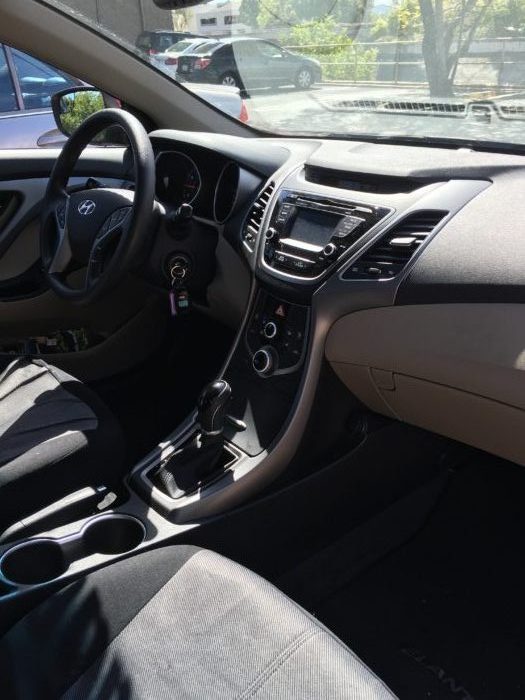There are many different ways to park your vehicle in a spot. You can parallel parking; you can park facing forward, and you can practice reverse parking. Reverse parking may be scary at first, but it actually helps reduce the odds of getting into an accident. When leaving a space after parking in reverse, you don’t need to worry about blindly entering traffic.
Reverse parking is a safe parking method that should be mastered by all drivers.
Clear The Area
Just like parallel parking, you want and need enough space around you to maneuver safely. Stop your vehicle near the open space you plan on parking in and turn on your turn signal. This will let cars in front of you and behind you know that you plan on parking in that open space.
Time to Move
Once any cars in front of or behind you have left, it’s time to start moving. Pull your vehicle halfway past the open space and towards the middle of the aisle. Always keep your turn signal on so any cars coming will know what you’re doing. When you’ve made enough space for you to maneuver it’s time to park.
Reverse
Put your vehicle in reverse and turn the wheel towards the side of the aisle that the parking space is on. Before you begin moving backward, be sure to turn your body so you can see clearly behind you. Once you can see clearly, start slowly reducing pressure on the brake. There will be little to no need to apply pressure in this parking method. Allow the vehicle to do the work.
The Wheel
The goal is to park as straight as possible, which means you will need to turn the wheel. Once your vehicle is about halfway into the spot, begin turning the wheel to straighten out. If you find that you’re not as straight as you would like, you can adjust. Just put the vehicle into drive, pull forward and adjust by turning the wheel to whichever side you need to straighten out.




